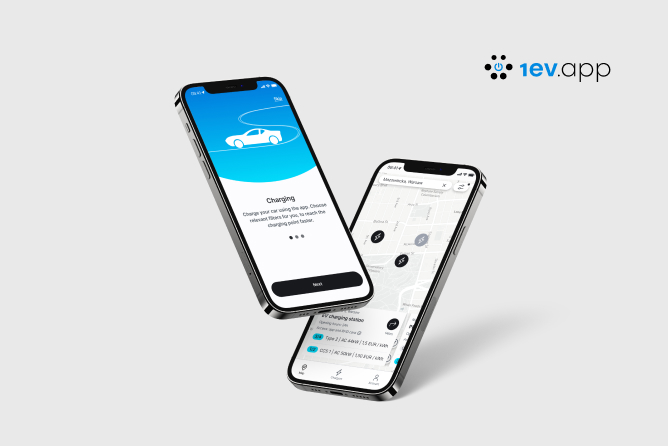Why is mobile app security so important?
With the growing popularity of mobile applications, ensuring their security has become a top priority. Users entrust apps with their personal, financial, and business data, making any security vulnerability a serious risk. Even a small loophole can lead to data breaches, economic loss, or reputational damage.
Security is especially crucial for financial, e-commerce, and healthcare apps, where sensitive information is stored. A data leak in such cases results in financial consequences, erodes user trust, and damages a company’s credibility.
The most common threats to mobile applications
Before diving into security measures, let’s look at the most frequent threats mobile apps face:
- Man-in-the-Middle (MitM) attacks – Hackers intercept communication between the user and the app.
- API attacks – Poorly secured APIs are a common entry point for cybercriminals.
- Malware and malicious software – These aim to steal data or take control of a device.
- Reverse engineering – If an app’s code isn’t obfuscated, attackers can decompile it to find vulnerabilities.
- Lack of data encryption – Unencrypted data transfers can easily be intercepted.
Best practices for mobile app security
To ensure high security standards, developers should follow proven best practices that minimize the risk of attacks and data breaches.
1. Implement multi-factor authentication (MFA)
MFA adds an extra layer of security to user logins. In addition to a password, users must verify their identity via a one-time code sent to their phone or biometric authentication. This significantly reduces the chances of unauthorized access.
2. Secure data storage
All sensitive data should be stored in encrypted databases or secure vaults within the device. This prevents unauthorized access, even if a device is lost or compromised.
3. Regularly update the app
Each app update should address potential security vulnerabilities. Keeping the software up to date ensures users are protected from emerging threats.
4. Minimize permissions
An app should only request permissions that are strictly necessary for its functionality. Excessive permission requests not only increase security risks but can also make users wary of data privacy concerns.
5. Secure user sessions
Features like automatic session expiration after inactivity and access tokens help prevent unauthorized use of an app, reducing the risk of session hijacking.
How to ensure security during app development
Security should be a priority from the very first stages of mobile app development. Here are the key steps to take:
- Secure coding practices – Avoid vulnerabilities like SQL injection or cross-site scripting (XSS).
- API security – Use authentication and encrypt data transmissions.
- Security testing – Regularly scan the code for potential weaknesses.
- Code obfuscation – Make it harder for attackers to analyze and decompile your app.
Secure data storage and transmission in mobile apps
Protecting stored and transmitted data is essential to preventing unauthorized access. One of the best solutions is end-to-end encryption (E2EE), ensuring that only the intended recipient can decrypt the data.
To enhance security further, developers should use secure storage solutions, where all information is encrypted and inaccessible without proper credentials. Another effective technique is tokenization, replacing sensitive data (such as credit card numbers) with unique tokens, making intercepted data useless to hackers.
A crucial best practice is never storing passwords in the app’s source code. Instead, store access keys in secure vaults, reducing the risk of unauthorized access.
Security audits and testing for mobile apps
Every mobile app should undergo regular security testing to identify and eliminate vulnerabilities before they can be exploited. Some of the most effective testing methods include:
- Penetration testing – Simulating real-world attacks to uncover weak points.
- Code analysis – Reviewing the source code for security flaws.
- User activity monitoring – Tracking unusual behavior such as repeated failed login attempts, logins from unfamiliar locations, or bulk data transfers.
Mobile app security is an ongoing process that requires attention at every stage—from development to end-user interaction. Investing in strong security measures not only protects user data but also strengthens brand trust and credibility. A well-secured app ensures both user safety and long-term business success.





.jpg)

.jpg)


.jpg)

.jpg)


.jpg)

.jpg)
.jpg)

.jpg)

.jpg)
.jpg)
.jpg)

.jpg)
.webp)

.webp)


.jpg)









.webp)


.webp)






























.webp)





.webp)



.webp)


.webp)



.webp)













